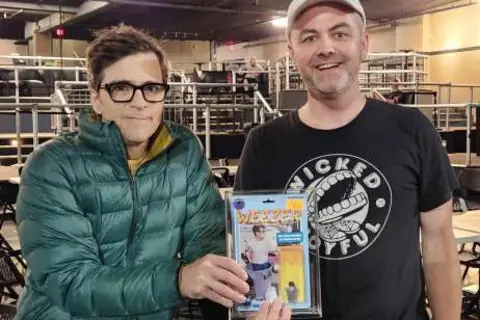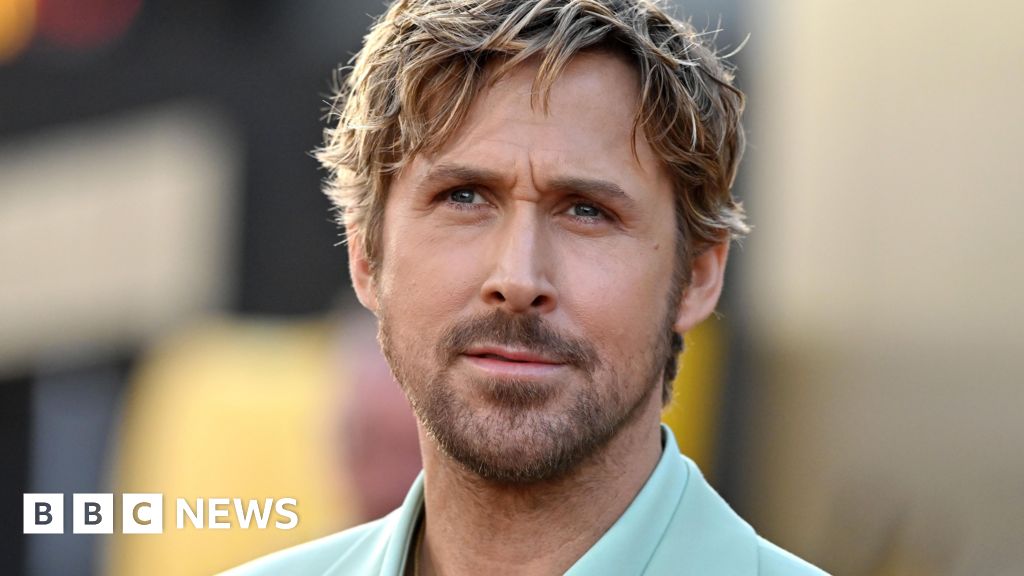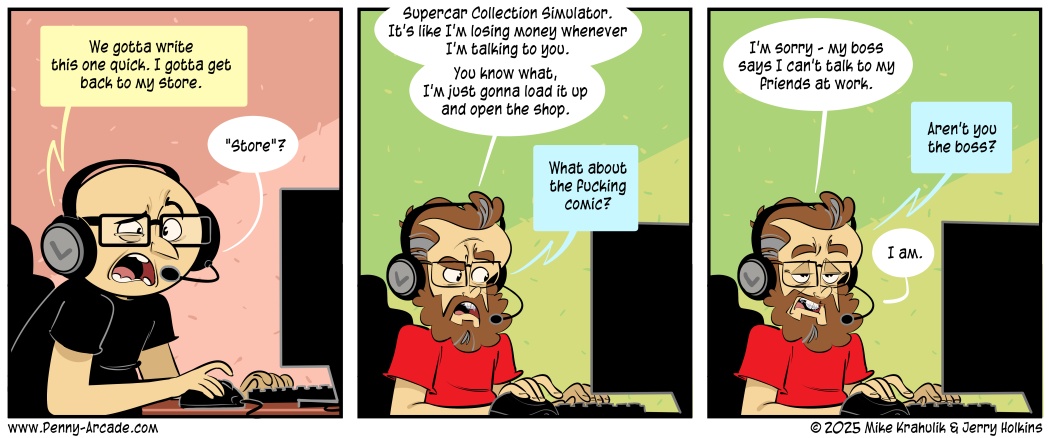AI Dolls Spark Outcry among Artists as Creativity Faces Threat

Amidst the rising popularity of artificial intelligence (AI) in creative fields, artists and craftspeople are increasingly voicing their concerns over AI-generated images, particularly those depicting people as dolls. This trend, which has gained traction since early April, has led to thousands of social media users uploading their photographs to create AI-generated 'starter pack' visuals of themselves in doll form. Many creatives argue that this phenomenon not only poses a risk to their livelihoods but also undermines the artistic integrity that defines their work.
Nick Lavellee, a dedicated artisan who has spent six years crafting custom action figures, expressed his worries regarding the saturation of AI imagery on platforms like Instagram and X (formerly Twitter). People are sick of them, he lamented, emphasizing that this trend diminishes the unique artistic aesthetics that he and other creators strive to uphold. His custom figures, which portray renowned figures such as Weezers frontman Rivers Cuomo and other celebrities, command prices as high as $250 (188) on his online shop, Wicked Joyful. However, Nick fears that the influx of AI-generated images could jeopardize not only his commissions but also the public's perception of his authentic artistry.
This sentiment is echoed across the artistic community, leading to the emergence of the #StarterPackNoAI movement. Initially appearing on Instagram, this hashtag has been utilized thousands of times as artists unite to resist the encroachment of AI into their domain. One such artist, Maria Picass Piquer from Barcelona, shared her thoughts on the matter, stating that while her participation in this movement started as a fun experiment, it also served as a significant statement against the uniformity of AI outputs. While AI pieces all looked more or less the same, I was amazed at the variety of the 'human' works, she remarked, recognizing the unique essence of personal self-portraits which AI-generated images often lack.
Maria, like many of her peers, points to the inherent risks posed by AI, including threats to intellectual property rights, as these systems often draw from a database of 'stolen' artworks. This raises significant concerns about the potential loss of new clients and the overall devaluation of their craft. In Bordeaux, illustrator Dav le Dessineux has already witnessed how AI design work has cost some artists their contracts. He remarked, like many artists who use their real hands, I was tired of the deluge of AI-generated doll images. His contribution to the #StarterPackNoAI movement featured a simple depiction of a pencil and sheet of paper, tools that he asserts are fundamental for genuine creation.
People usually forget about it because of the technology surrounding us, but we really don't need more than basic stuff to create something and be original, he emphasized, echoing sentiments shared by other creators. Eli Dibitonto, an artist from Barletta, Italy, described the process of creating his own starter pack as a joyful endeavor, stressing that art should not be constrained by the need for perfection. Art isn't meant to be perfect or look flawless, he said, capturing the essence of the creative process.
Evie Joyce, an illustrator and student, elaborated further on the personal engagement that comes with creating art. Unlike the instantaneous results of AI generation, her artistic journey took hours and allowed her to infuse her personality into her work. Whats magical about it is youre seeing people put time and effort and their personality into pieces of art, she stated, contrasting this with the impersonal nature of AI, which can mimic styles without truly understanding their essence.
Back in New Hampshire, Nick acknowledges the frustration felt by many artists but suggests that AI, when used appropriately, can serve as a beneficial tool rather than a direct competitor. I don't necessarily want to say AI is bad when I know that it could be a useful tool, he commented, noting that many artists have dabbled with AI technologies in some capacity. However, this perspective is not universally shared.
Henk van Ess, a global expert in AI applications for investigative research, criticized the current trend of using AI for generating 'starter packs.' He articulated a viewpoint that resonates with many in the creative community by stating, It's like watching a supercomputer calculate how many Hobnobs fit in a Sports Direct mug, while solving climate change sits on the 'to-do' list. This comparison highlights the perceived frivolity of using advanced technology for trivial pursuits when it could be harnessed for more significant, impactful innovations. While everyones busy generating these digital equivalents of small talk, theyre missing the actually revolutionary stuff AI can do, he concluded, stressing the need for AI to be directed towards solving real-world challenges.

























